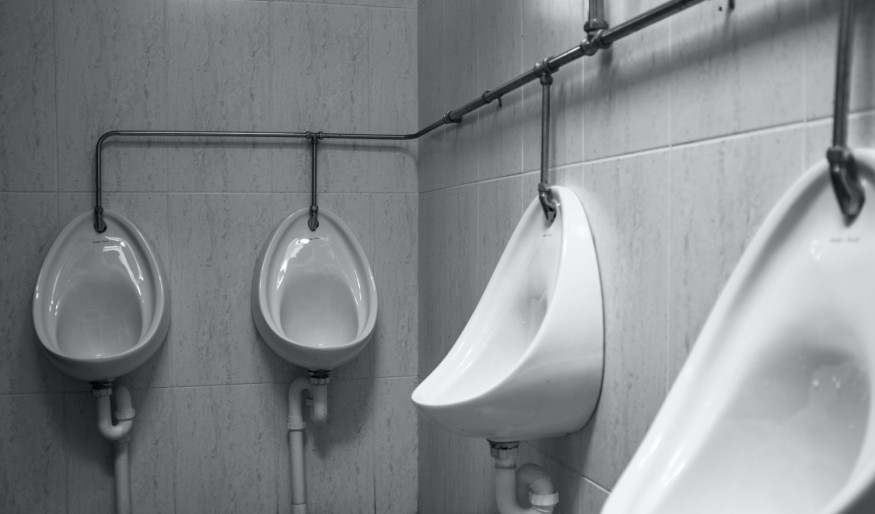
While there are circumstances where people are left with no option but to hold their pee, this can actually come with some side effects and consequences.
The Capacity of the Human Bladder
The urinary bladder, which is crucial to the urinary system, helps store urine until the person goes to the toilet.
A healthy human bladder is capable of holding around 300 to 500 milliliters (ml), or 1.5 to 2 cups, of urine throughout the day. During the night, this capacity expands as it can hold up to 800 ml or 4 cups.
For children, their bladders are smaller since they are still developing. The exact size of a child's bladder can be computed using the formula (age + 2) x 30 ml.
Healthy bladders can also hold bigger volumes and stretch, though this could be dangerous if done frequently. However, it is generally advised to regularly urinate at intervals.
Read also: Urinary System: Where Does Pee Come From?
Can Holding Your Pee Lead to UTI?
It is generally not advisable to regularly hold pee. This could lead to problems, including a urinary tract infection (UTI). In certain instances, prolonged periods of holding pee may lead to the multiplication of bacteria, which further leads to UTI.
Several doctors advise against holding pee for prolonged periods. This could increase UTI risk, especially if one has a frequent history of the infection.
Individuals who also do not drink sufficient water have higher chances of developing a UTI. In such cases, the bladder would not give sufficient signals to pee. The bacteria may then spread in the urinary system and cause infection.
UTI symptoms include a stinging or burning sensation while peeing, constant urges to pee, pain in the lower abdomen or pelvis, foul- and strong-smelling urine, cloudy urine, bloody urine, and consistently dark urine.
Other Complications
Aside from causing UTI, regularly holding pee in may also cause pain in the kidneys or bladders. By the time one pees, it may also be painful.
Bladder stretching may also result from regular pee holding. Because of this stretch, the bladder may find it difficult or even impossible to normally contract and release pee. In cases where a person has a stretched bladder, it may be necessary to use a catheter, among other extra measures.
Pee typically contains calcium oxalate and uric acid, among other minerals.
Holding pee in may also lead to kidney stones, especially for those with high mineral content in their pee and with a medical history of the condition.
RELATED ARTICLE : Your Urine Color Can Determine Your Health; Clear Pee Can Be a Sign of Underlying Health Condition
Check out more news and information on Medicine and Health in Science Times.












